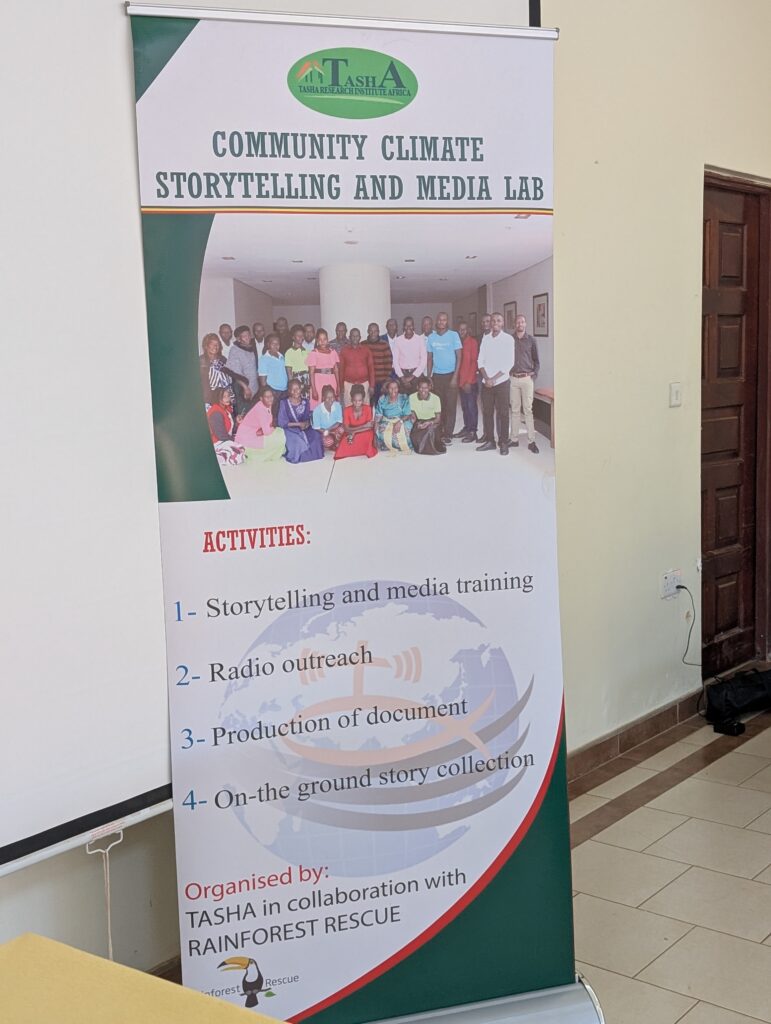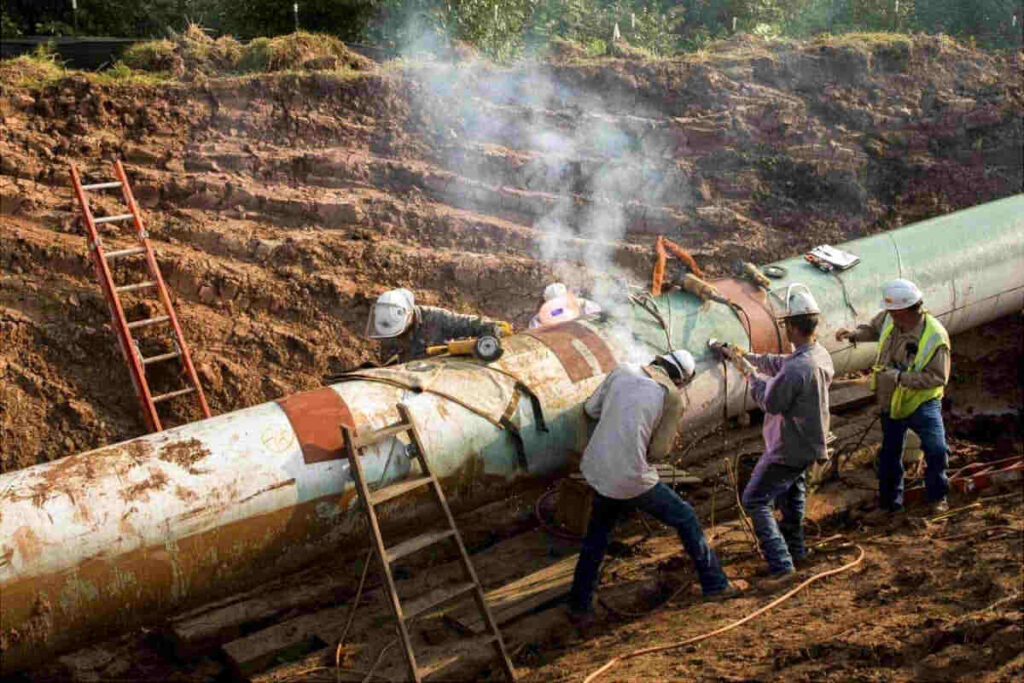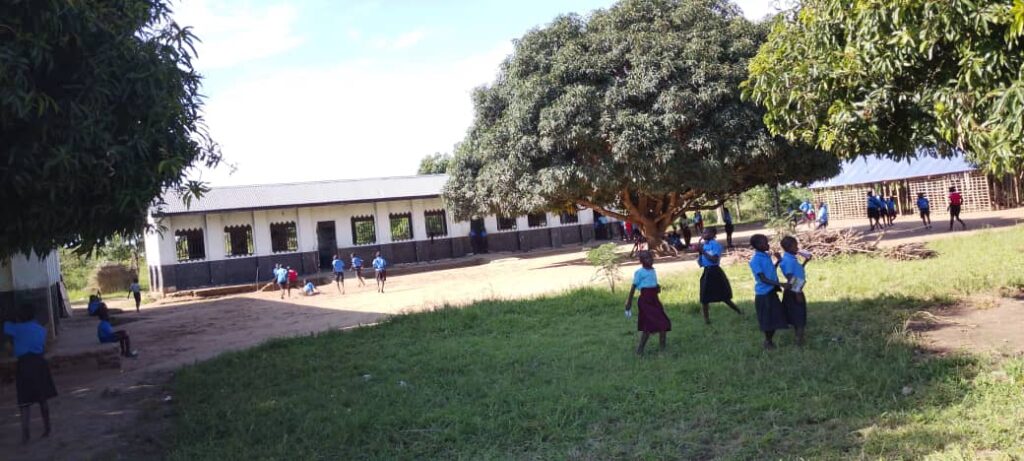On the evening of May 11, 2025, tragedy struck quietly. Agaaba Franco, a young Ugandan working on the East African Crude Oil Pipeline (EACOP), was found lifeless in his bed. Just three days earlier, he’d been electrocuted on the job in Uganda’s Buliisa district. His death wasn’t just a workplace incident—it was the result of a deadly mix of negligence, systemic racism, and unsafe working conditions created by multinational corporations operating unchecked in Uganda.
Franco worked in the Electrical and Instrumentation Department for China Petroleum Pipeline Engineering Company (CPP), a subcontractor for the EACOP project. On May 8, he was told to resume work after a round of high-voltage cable testing had supposedly ended. His job that day: covering raceway bridges with aluminum foil. But without any warning, a Chinese supervisor, Wang, restarted the power testing. Franco, unaware that high-voltage electricity was live again, was electrocuted.
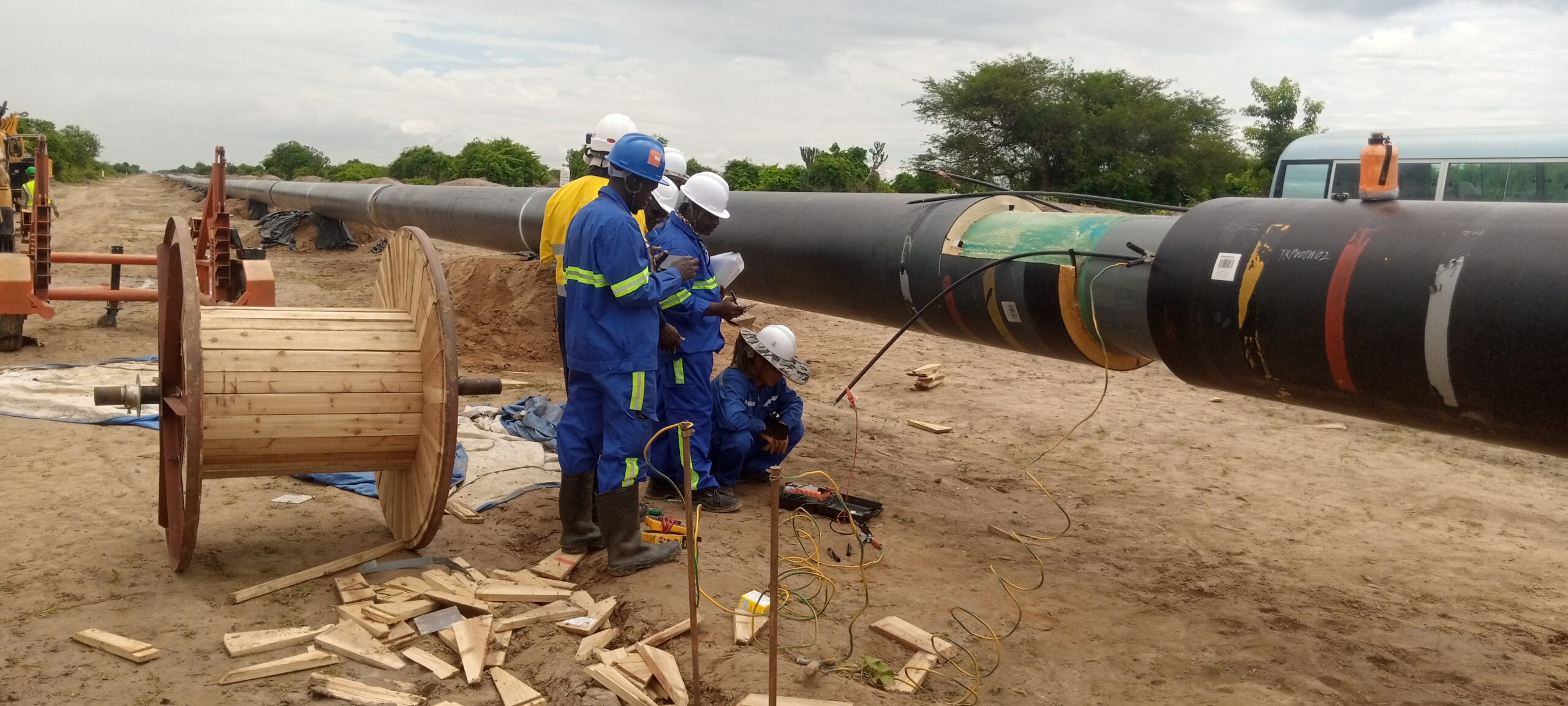
He survived the shock—but what followed was even more devastating. Despite his obvious pain and distress, Franco received no medical help. The on-site paramedic and Health and Safety Environment (HSE) supervisor, fully aware of what had happened, chose not to take him to a medical facility. It was late, they said. Their shift had ended. So they left him there—alone and suffering.
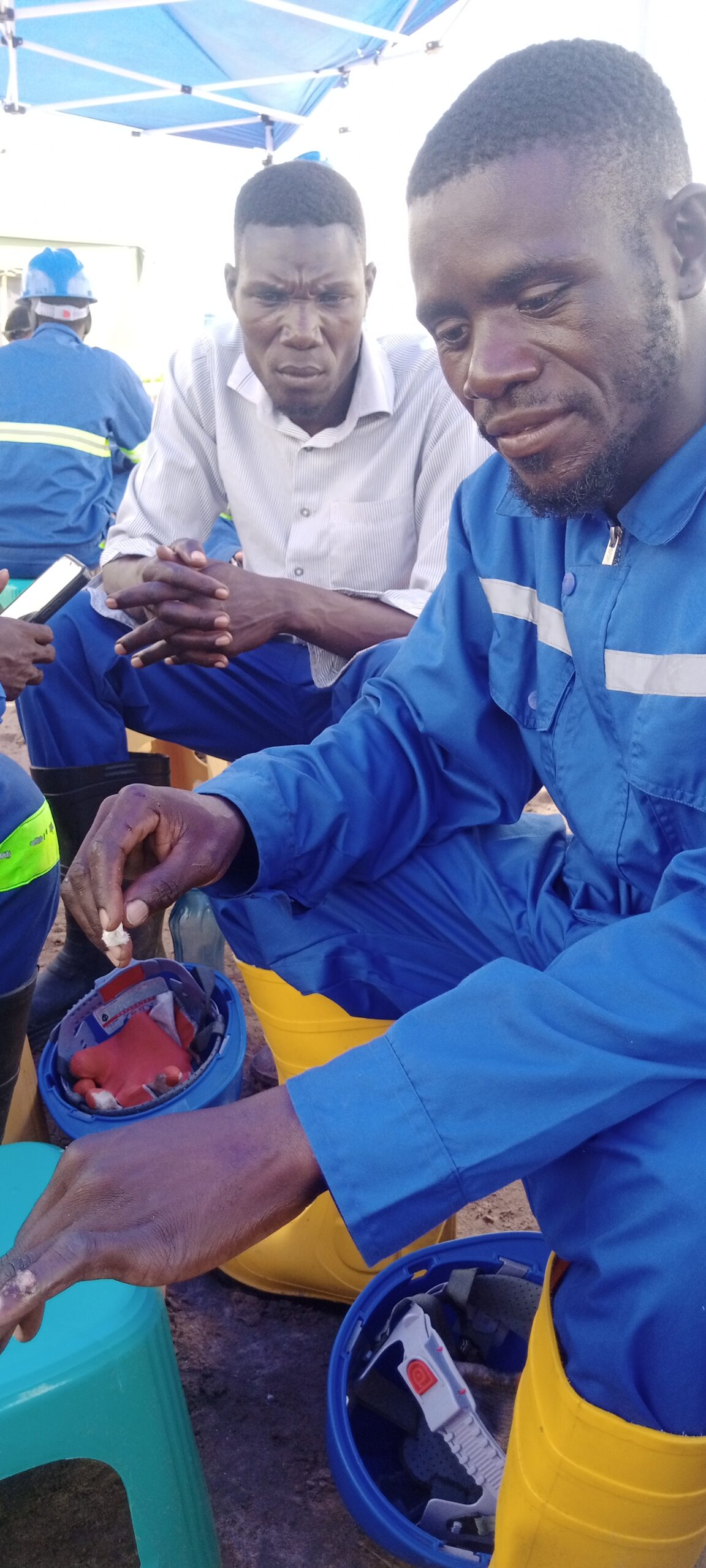
Agaba in the course of his duties
The next day, Franco showed up to work again, still weak and in pain. Whether out of fear of losing his job or sheer dedication, he returned. Only then did anyone take his condition seriously. An HSE officer finally arranged for him to be taken to a local clinic, City Medicals in Buliisa. He was given some medication and a short leave—but the damage was already done. Two days later, he passed away at home.
This isn’t just the story of one young man’s tragic end—it’s a window into a much bigger, disturbing reality. According to investigations by the Tasha Research Institute, racial discrimination and labor exploitation are rampant in the EACOP project. Chinese workers are provided with proper safety gear and favorable conditions, while Ugandan workers are handed subpar equipment—fake goggles, torn gloves, and gumboots with holes that turn hazardous in the rainy season. Complaints? Often met with threats of being fired.
Then there are people like Nicholas—the HSE officer involved in Franco’s case. He boasts about his high salary and blatantly disregards safety concerns. His attitude has come to symbolize the toxic work culture that treats Ugandan lives as disposable. The paramedic who refused to help Franco—a man trained to save lives—walked away from his duty without a second thought.
The ultimate responsibility lies with TotalEnergies, the French multinational leading the EACOP project. By outsourcing construction to firms like CPP without rigorous oversight, they’ve created a chain of accountability so thin, it’s easy for real justice to slip through. With Chinese government financing the project, the power dynamics further tilt in favor of impunity.
Meanwhile, those who speak up are met with hostility. Activists and community leaders are branded enemies of progress. The corporations behind EACOP paint it as a symbol of economic growth. But growth that costs lives, safety, and dignity isn’t progress—it’s exploitation.
Agaaba Franco’s death is both a warning and a rallying cry. It reveals the mounting danger faced by Ugandan workers under EACOP and demands urgent action before more lives are lost. The Tasha Research Institute refuses to stay silent. We are calling for accountability, for justice, and for an immediate halt to operations that violate basic human rights.
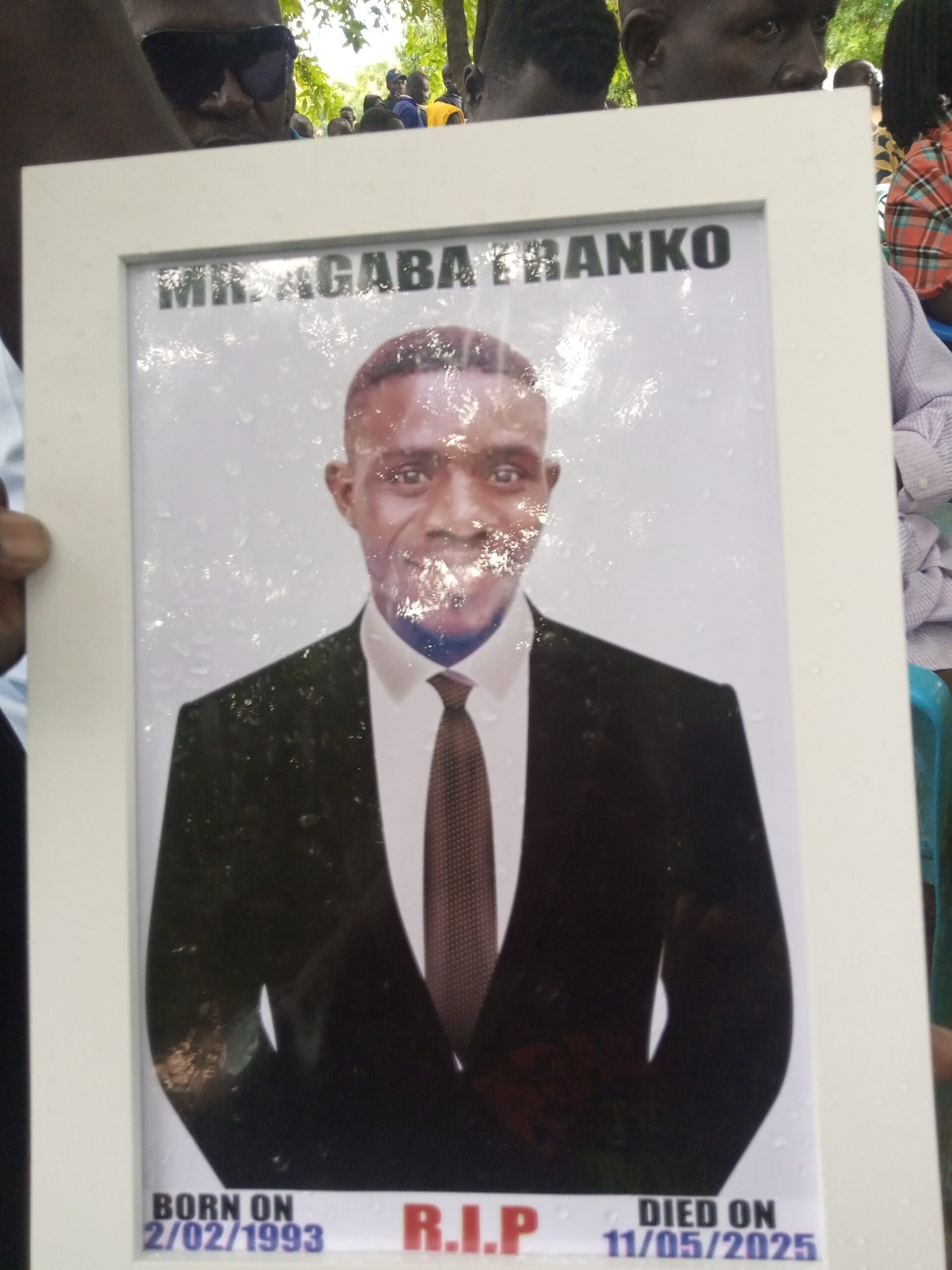
Agaba’s funeral. May he rest in eternal peace. may his death inspire us to act right and take our opposition of EACOP a notch higher
As Franco was laid to rest in his village of Kibambura, his story became more than personal tragedy—it became a symbol of a greater fight. A struggle between profit and people, between foreign power and local dignity. The pipeline may carve through Uganda’s land, but its future will be shaped by the voices of those it tries to silence.

